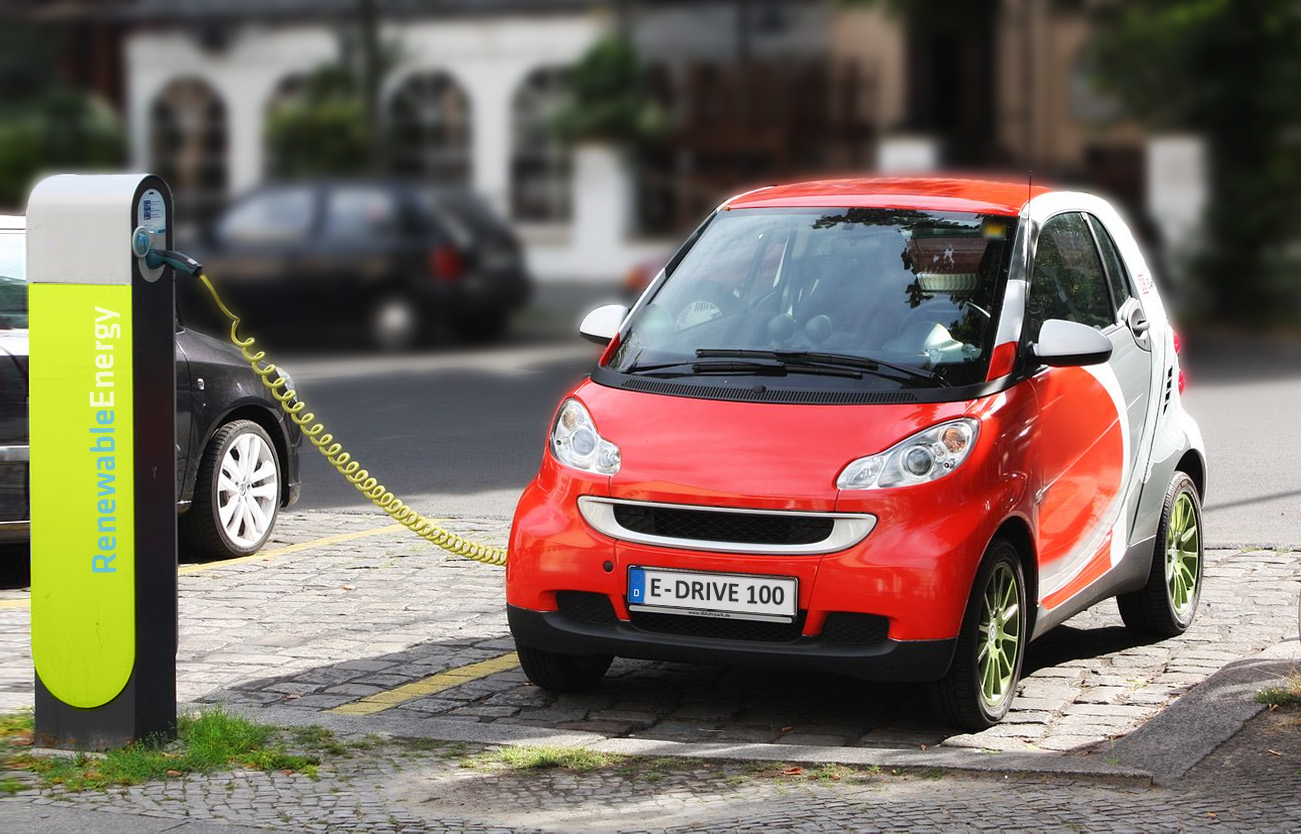
Tesla CEO Elon Musk said on Wednesday that he expects Tesla vehicles to be able to safely drive themselves without human assistance by the end of 2019.
“When will we think it’s safe for full self-driving? It’s probably towards the end of this year, and then it’s up to regulators to decide when they want to approve that,” he said during the automaker’s fourth-quarter earnings call.
Read more: Elon Musk said he expects Tesla to deliver around 50% more cars than last year, even if there’s a global recession
Musk has missed projections about autonomous driving technology on multiple occasions. In 2015, Musk said Tesla would have fully-autonomous driving technology ready in about two years, and Tesla has passed multiple deadlines set by Musk to send a self-driving vehicle across the US.
During Wednesday’s call, Musk also characterized Tesla’s semi-autonomous Autopilot driver assistance system as having full self-driving capability on the highway.
“We already have full self-driving capability on highways. So from highway on-ramp to highway exit, including passing cars and going from one highway interchange to another, full self-driving capability is there,” he said.
Musk’s description of Autopilot’s capabilities contrasts with the owner’s manual for Tesla’s Model 3 sedan, which instructs owners to remain in control of their vehicle when using Autopilot.
“Never depend on these components to keep you safe,” the manual says of Autopilot’s features. “It is the driver’s responsibility to stay alert, drive safely and be in control of the vehicle at all times.”
Tesla has received criticism for how it has promoted Autopilot, and fatal accidents involving the feature have raised questions about whether drivers place too much trust in it and fail to pay attention to the road. Tesla says Autopilot is meant to be used with an attentive driver whose hands are on the wheel, but the most visible accidents involving Autopilot have involved reports of distracted drivers.
In October, Consumer Reports released its rankings of four semi-autonomous driver-assistance systems. Autopilot ranked second, behind Cadillac’s Super Cruise, with the highest rating among the four for capability and performance and ease of use, but the lowest for keeping drivers engaged.
Tesla on Wednesday announced its earnings from the fourth quarter of 2018. The automaker posted adjusted earnings of $1.93 per share on revenue of $7.23 billion. Wall Street analysts had expected adjusted earnings of $2.10 per share on revenue of $7.1 billion.




